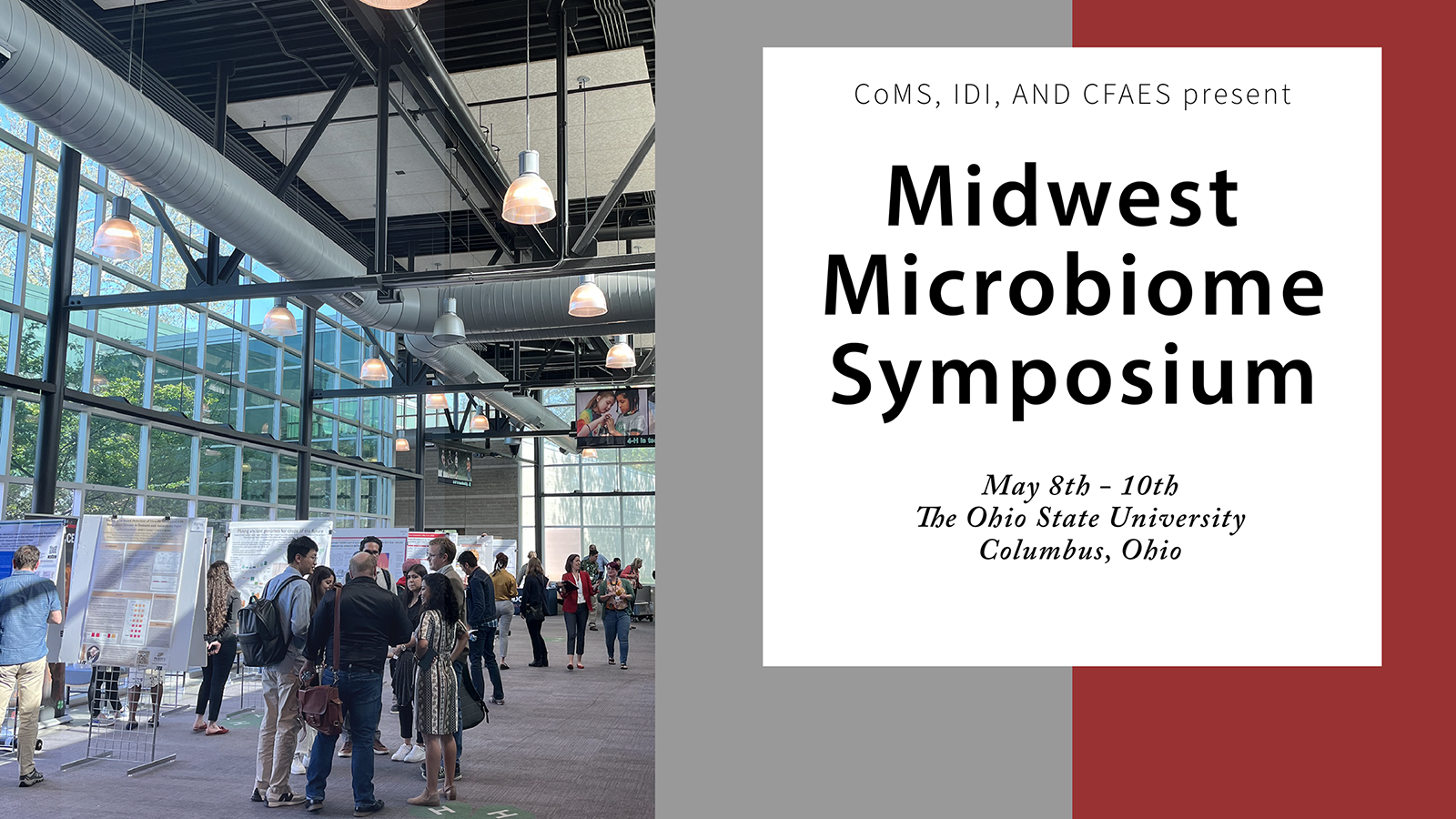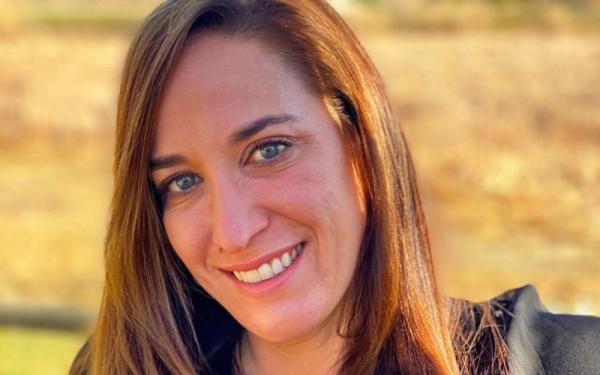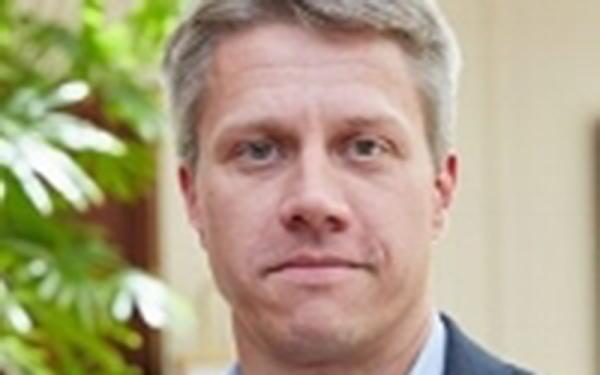Midwest Microbiome Symposium 2023 at The Ohio State University
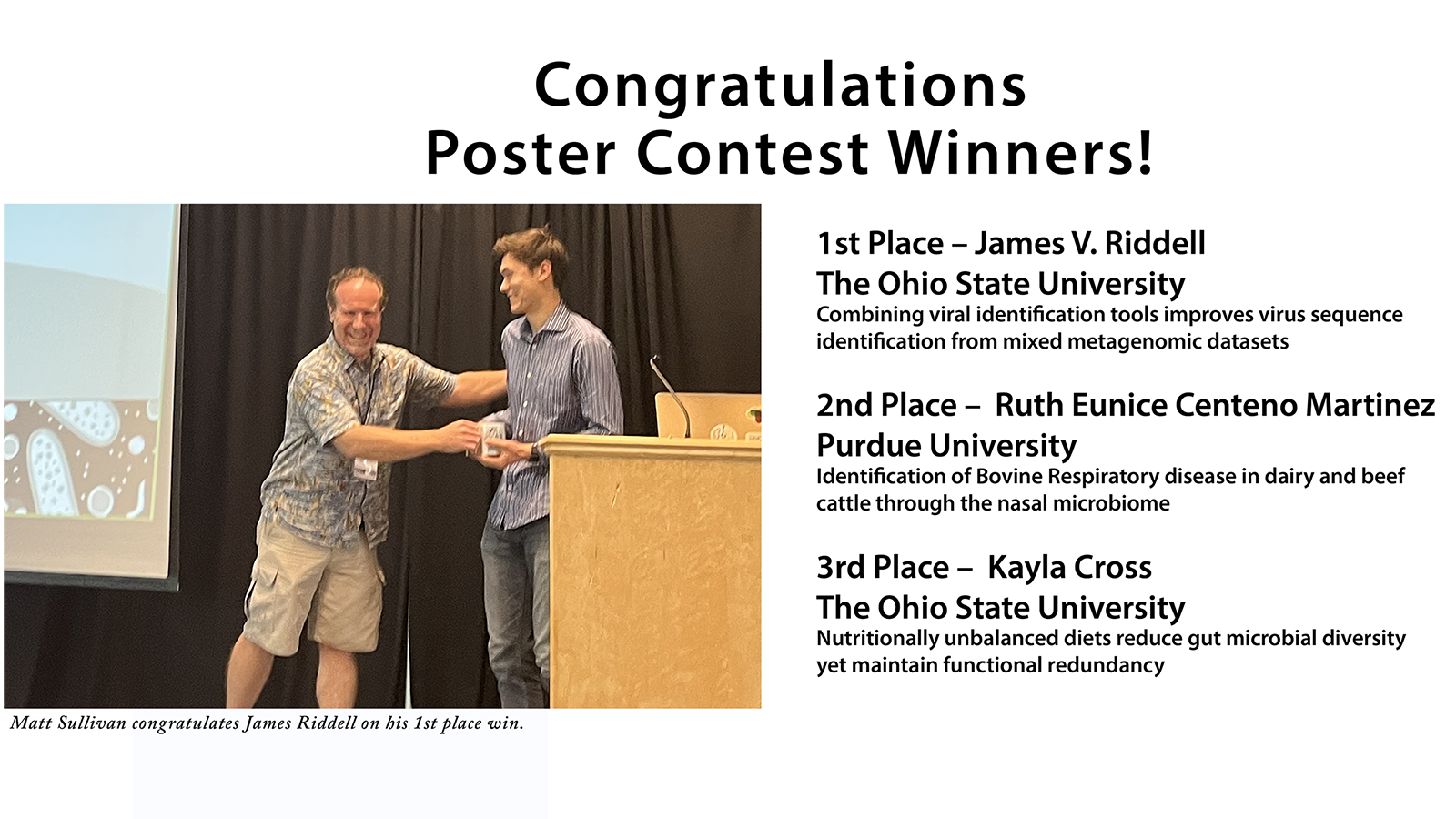
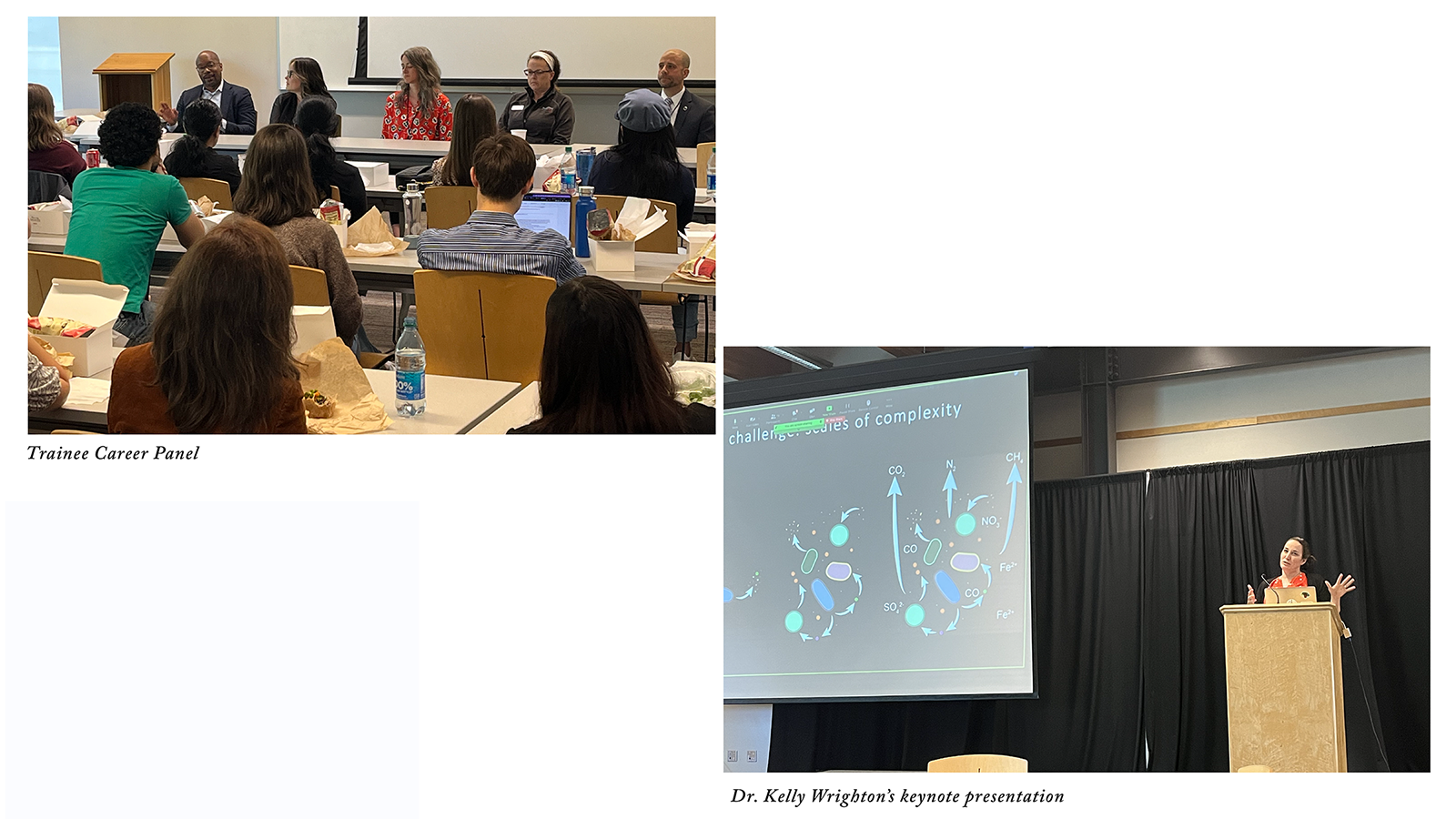
Midwest Microbiome Symposium Schedule
May 8th - Monday
- 12pm - 12:45pm | Registration
- 12:45pm - 1pm | Welcome to symposium address
- 1pm - 2:30pm | Session: Hosts as living landscapes
- 2:30pm - 3:00pm | Coffee Break
- 3pm - 4pm | Session: Basic to translational
- 4pm | Keynote speaker Eric Martens
- 6pm - 8pm | Trainee Social Event
May 9th – Tuesday
- 8:50am – 9am | Welcome
- 9am - 10:30am | Session: You are what you eat: Microbiomes and Nutrition
- 10:30am - 11am | Coffee Break
- 11am - 12pm | Session: The path of least resistomes
- 12pm - 1:30pm | Lunch and Funding Agency Leadership Panel (12:30 - 1:30pm)
- 1:30pm - 2:30pm | Poster Session + Coffee
- 2:30pm - 3:45pm | Session: One Health and the environment
- 4pm - 5pm | Posters + Reception
- 6pm | Social event - Funnybiome - purchase tickets here!
May 10 - Wednesday
- 8:50am – 9am | Welcome
- 9:00am – 10:15am | Session: Friend and foe: pathogens and the microbiome
- 10:15am - 10:30am | Coffee Break
- 10:30am - 11:30am | Session: Host-associated microbiomes
- 11:50am - 1pm | Lunch and Trainee Career Panel
- 1pm - 2pm | Keynote speaker Kelly Wrighton
- 2pm - 2:15pm | Closing of Midwest Microbiome Symposium
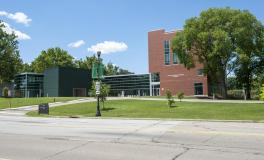
The Midwest Microbiome Symposium 2023 will be held at the The Nationwide & Ohio Farm Bureau 4-H Center on the campus of The Ohio State University in Columbus, Ohio.
Registration is now closed.
Lodging
OSU campus has numerous lodging options available. Visit Experience Columbus and choose "OSU" under Regions for a complete list of hotels located under 10 minutes from the venue.
Transportation
Driving directions to the OSU Columbus Campus can be found here. Driving directions to the Nationwide & Ohio Farm Bureau 4-H Center can be found here. Parking will be available with permits provided with registration materials.
Airport
The closest airport to Ohio State's Columbus campus is the John Glenn International Airport. John Glenn International Airport, is an international airport located 6 miles (10 kilometers) east of downtown Columbus. John Glenn International Airport is primarily a passenger airport, providing over 190 non-stop flights to roughly 44 airports via 15 airlines daily. The airport code for John Glenn International is 'CMH'.
Airport Transportation
If you will need transportation to the John Glenn International Airport, Central Ohio Transit Authority, or COTA, offers AirConnect, a year round service to the airport from downtown. Travelers can take lines 1, 2 or 4 downtown to catch the AirConnect, which runs between downtown and John Glenn International Airport year-round. You can see a full schedule for AirConnect on-line at https://www.cota.com/osu-students/. Be sure to click the link for AirConnect.
Your student may also choose to utilize taxi services to and from the John Glenn International Airport. The approximate fare one way from the Ohio State Columbus Campus is $25-30, but some variations may occur due to wait time, traffic, etc. Numbers of a few area taxi services are: Blue Cab: (614) 333-3333 ; Yellow Cab: (614) 444-4444 Columbus is a city that is served by peer to peer ride sharing like Uber and Lyft. Ride costs vary by a range of factors including demand.
Bus Transportation
Columbus Greyhound Station is located at 111 E. Town Street Columbus, Ohio 43215. For tickets and travel information visit their website at http://www.greyhound.com/default.aspx.
Campus Map
If you're unfamiliar with campus take a look at a campus map: http://www.osu.edu/map/
Discover Ohio State
Explore campus and Columbus from the perspective that interests you most.
Join us for a night out at Funnybiome
Improv Comedy show comprised of OSU faculty, staff and trainees.
Love microbes? Wanna learn more about them?? You’re in the wrong place. Come for the drinks and stay for the laughs as a panel of (non) experts – The Bunsen Burnouts – engages your funnybiome.
Tuesday May 9th at 7:30 pm
Doors at 7pm
Tickets are $15.
Space is limited so get yours now!
Speakers
David Thoms, PhD
Assistant Professor, Department of Biological Science, Florida State University
Lihua Ye, PhD
Assistant Professor, Department of Neuroscience, College of Medicine, The Ohio State University
Jenessa A. Winston, DVM, PhD, DACVIM
Assistant Professor, Small Animal Internal Medicine, Department of Veterinary Clinical Sciences, College of Veterinary Medicine, The Ohio State University
Eric Martens, Ph.D
Associate Professor, Department of Microbiology and Immunology, University of Michigan School of Medicine
Gireesh Rajashekara, DVM, PhD
Professor, Ohio Agricultural Research and Development Center, College of Food, Agriculture and Environmental Sciences, The Ohio State University
Skye Fishbein, PhD
Postdoctoral Researcher, Dantas Lab, Washington University in St. Louis
Kelly Baker, PhD
Associate Professor, Occupational and Environmental Health, Iowa College of Public Health, The University of Iowa
Dae-Wook Kang, PhD
Assistant Professor, Department of Civil and Environmental Engineering, The University of Toledo
Tessa Cannon, Presidential Fellow
Department of Anthropology, College of Arts and Sciences, The Ohio State University
Matt Anderson, PhD
Associate Professor of Microbiology and Microbial Infection & Immunity, Department of Microbiology, College of Arts and Sciences, The Ohio State University
Kelly Wrighton, PhD
Associate Professor, Microbial Ecosystems Lab, Colorado State University
Assistant Professor, Animal Sciences, College of Agricultural, Consumer and Environmental Sciences, University of Illinois Urbana-Champaign
Assistant Professor of Animal Sciences, Animal Sciences, College of Agriculture, Purdue University
Assistant Professor, Department of Molecular Medicine, School of Medicine, Case Western Reserve University and Lerner Research Institute, Cleveland Clinic
Graduate student, Sullivan Lab, Department of Microbiology, College of Arts and Sciences, The Ohio State University
Trainee Career Panel
Dubraska Diaz-Campos, DVM, PhD
Assistant Professor - Clinical, Diagnostic and Clinical Microbiology, Department of Veterinary Clinical Science, The Ohio State University
Program Officers Panel
Anika L. Dzierlenga, PhD
Program Director, Genes, Environment, and Health Branch, NIH
Phillip J. Daschner
Program Director, Division of Cancer Biology, NIH
Matthew D. Kane, PhD
Acting Deputy Division Director, NSF
Michael Goodson, PhD
Research Biologist, Air Force Research Laboratory
We would like to acknowledge the land that The Ohio State University occupies is the ancestral and contemporary territory of the Shawnee, Potawatomi, Delaware, Miami, Peoria, Seneca, Wyandotte, Ojibwe and many other Indigenous peoples. Specifically, the university resides on land ceded in the 1795 Treaty of Greeneville and the forced removal of tribes through the Indian Removal Act of 1830. As a land grant institution, we want to honor the resiliency of these tribal nations and recognize the historical contexts that has and continues to affect the Indigenous peoples of this land.

